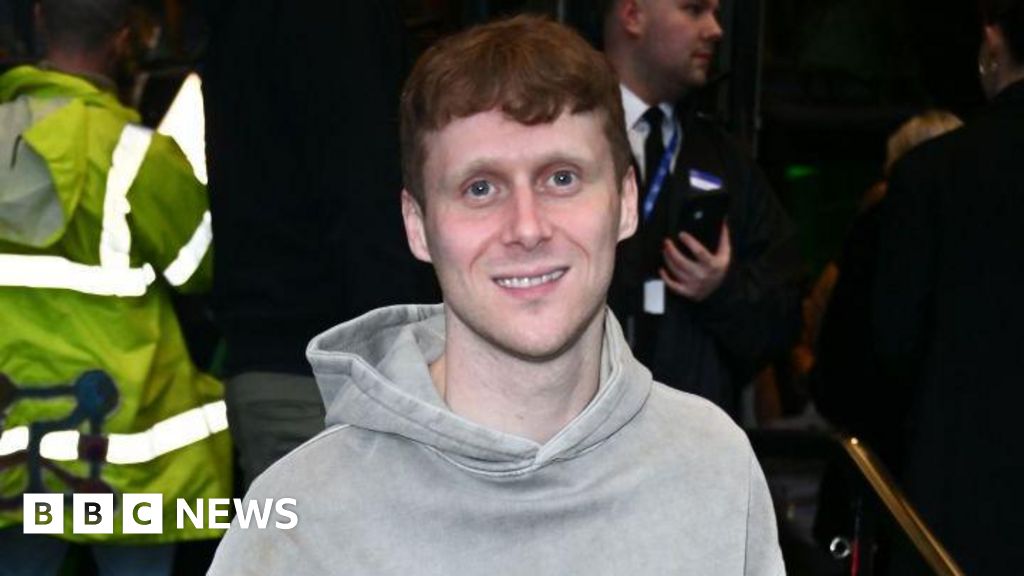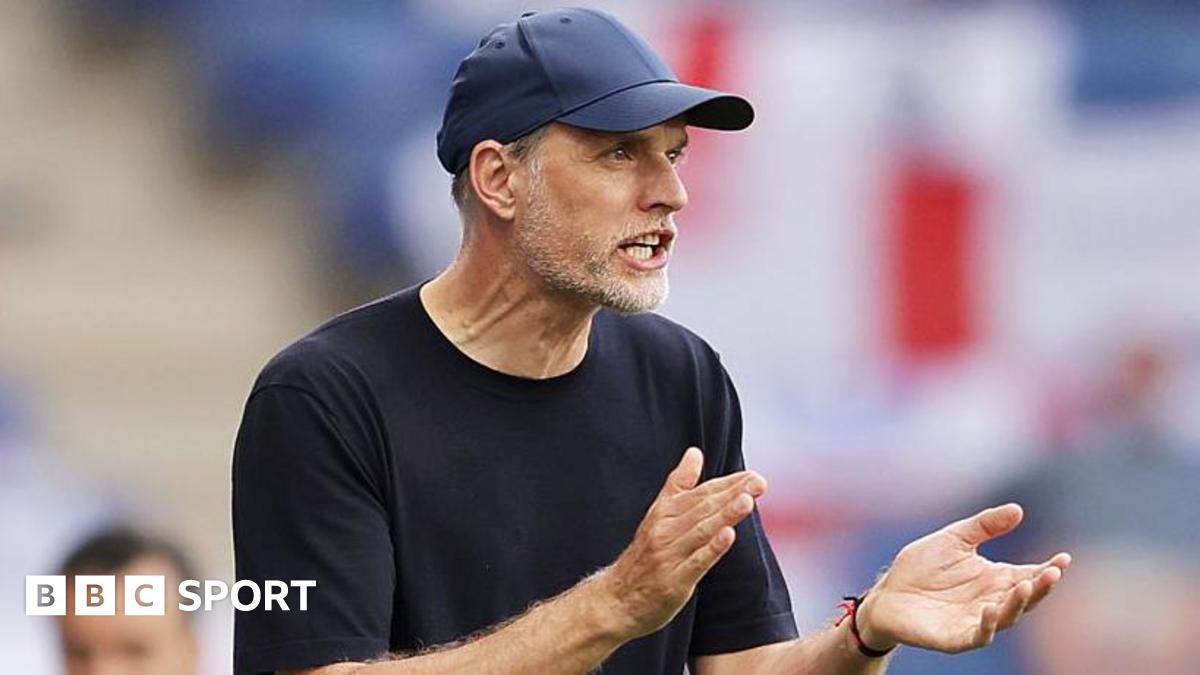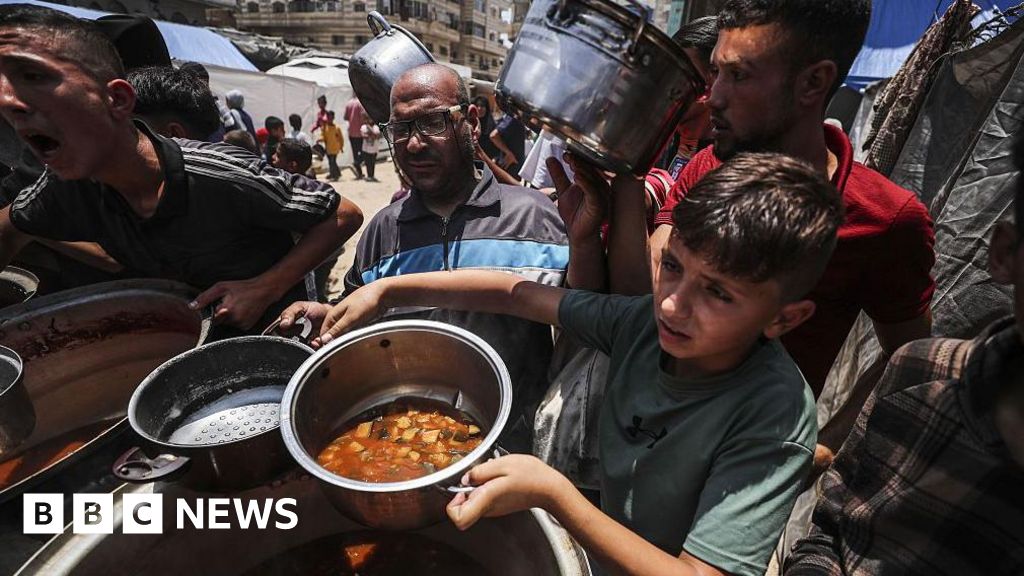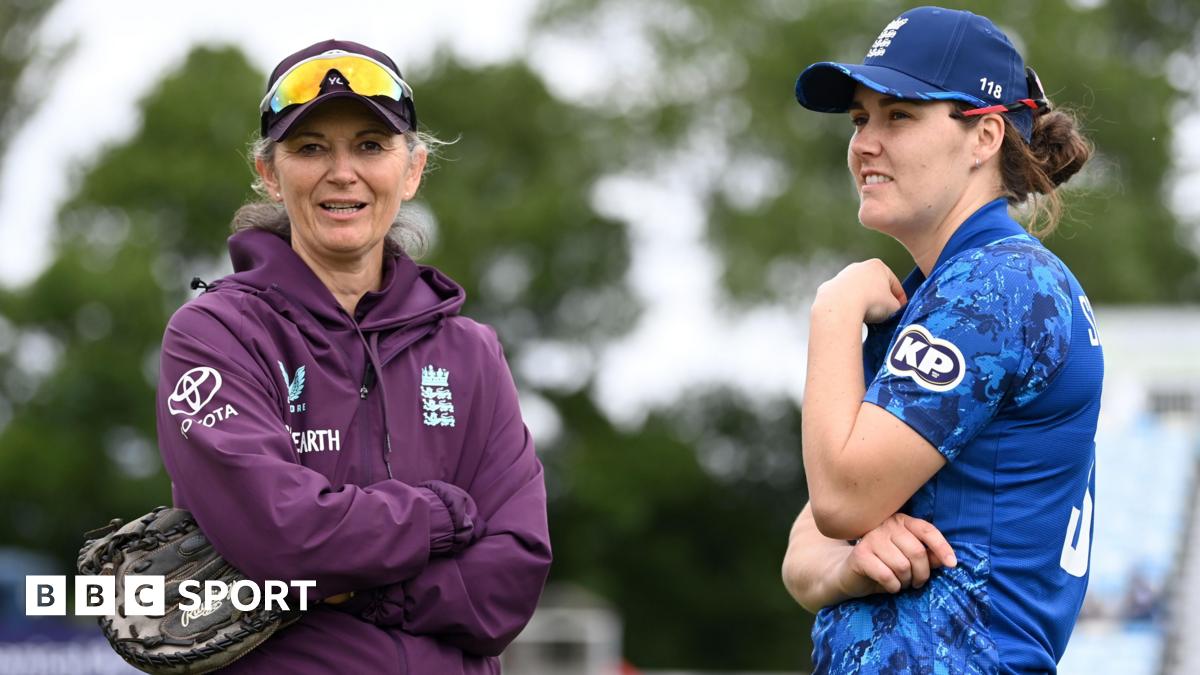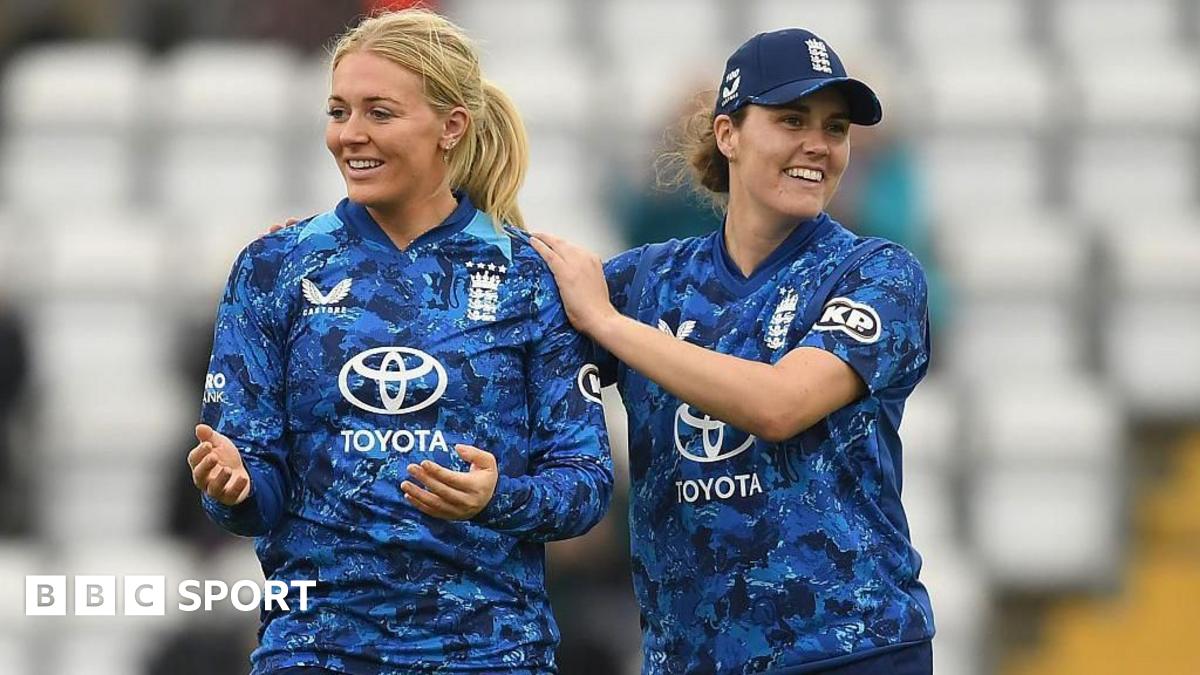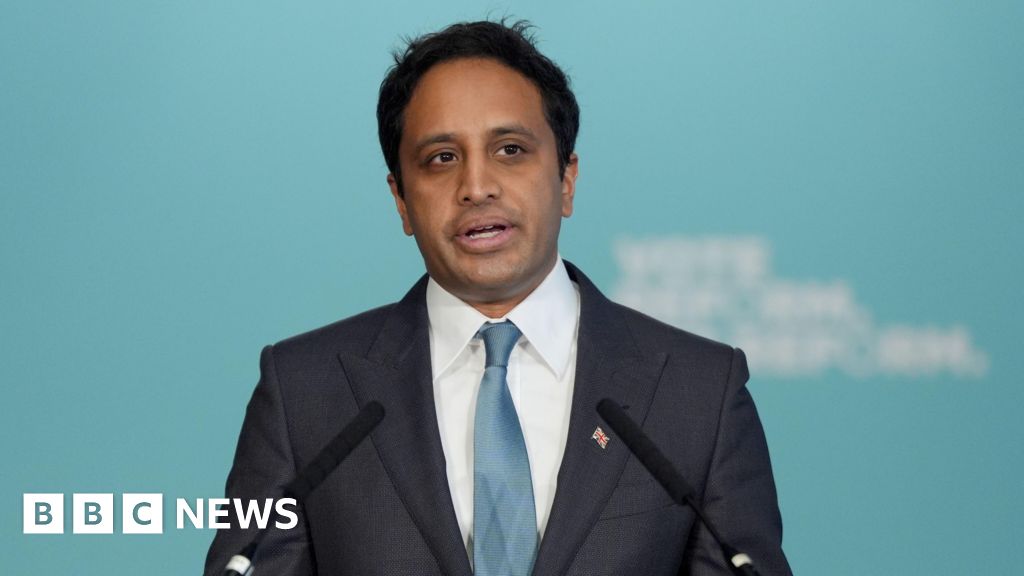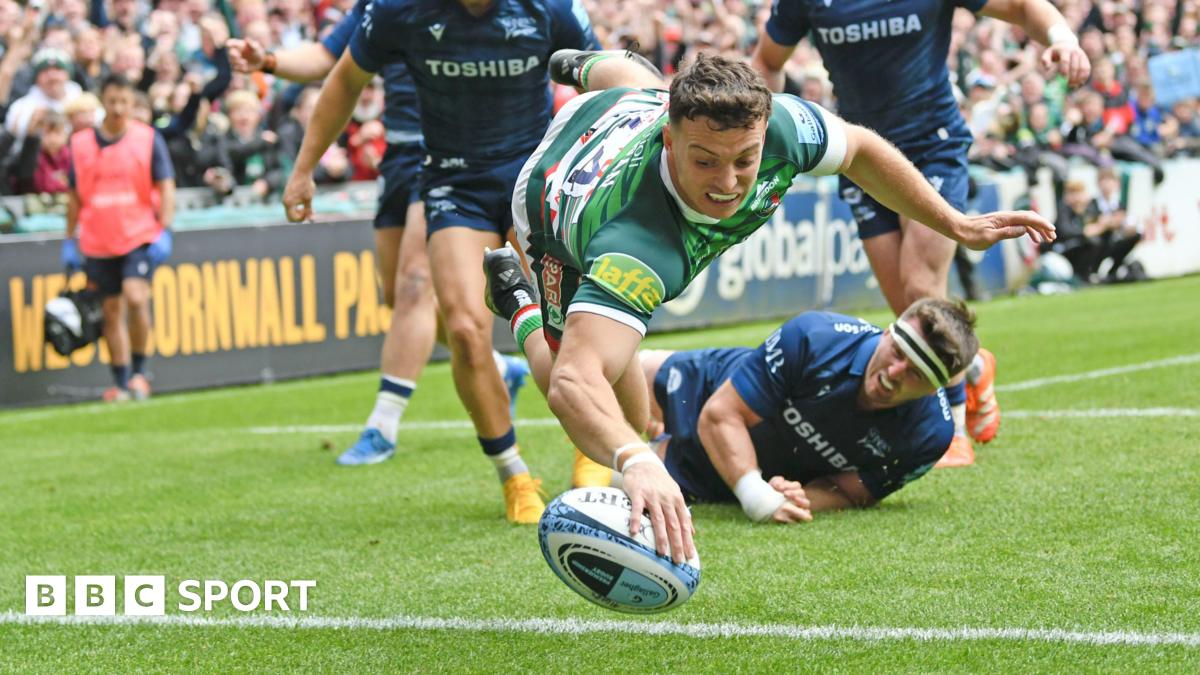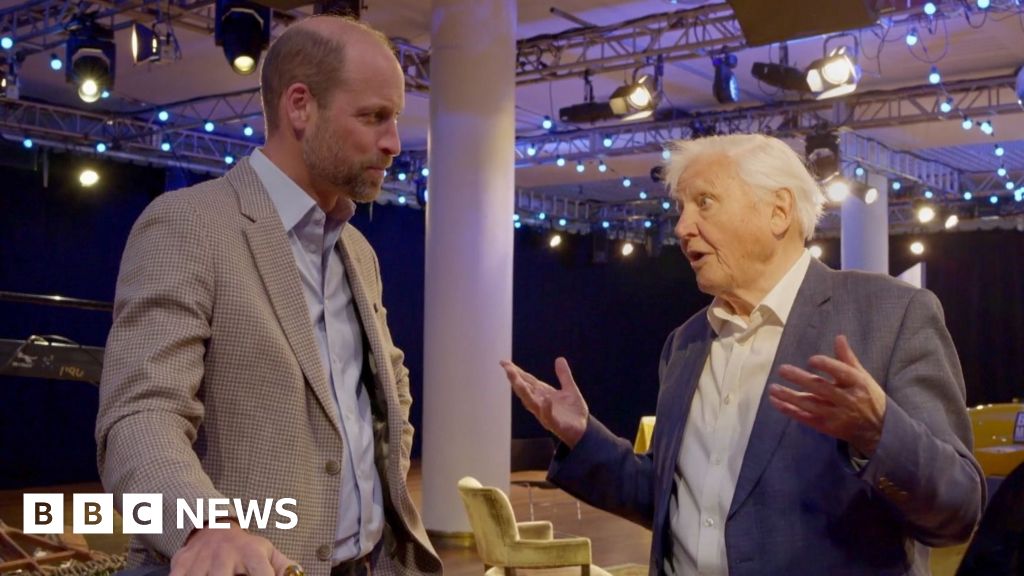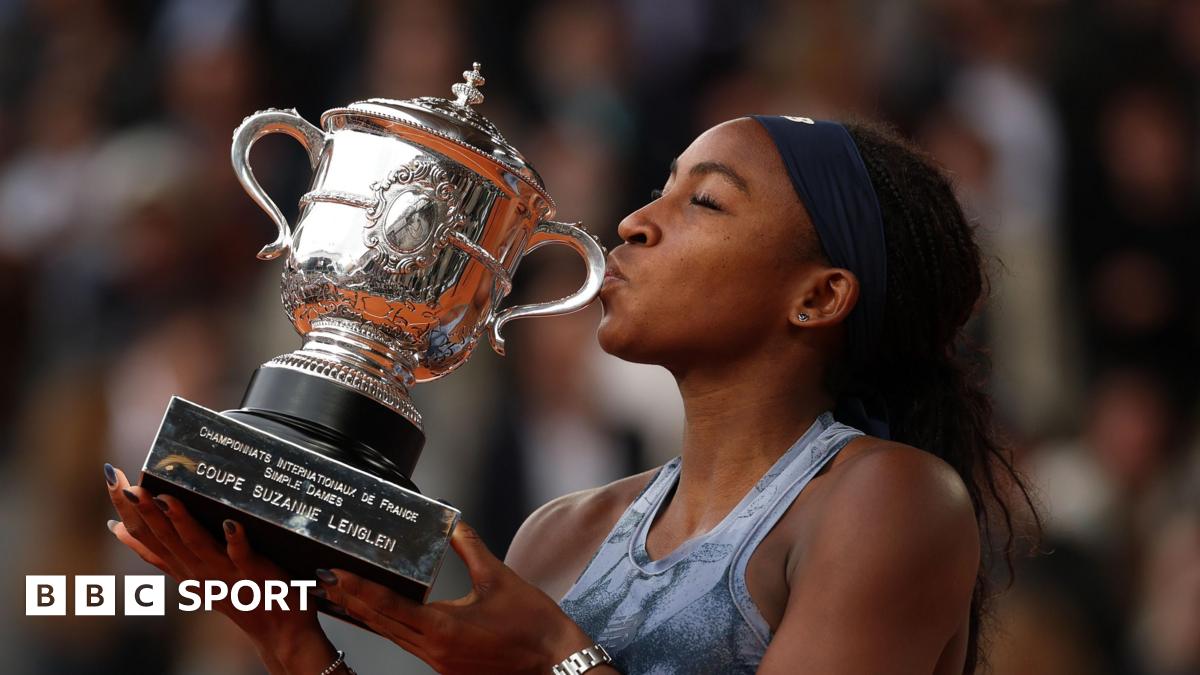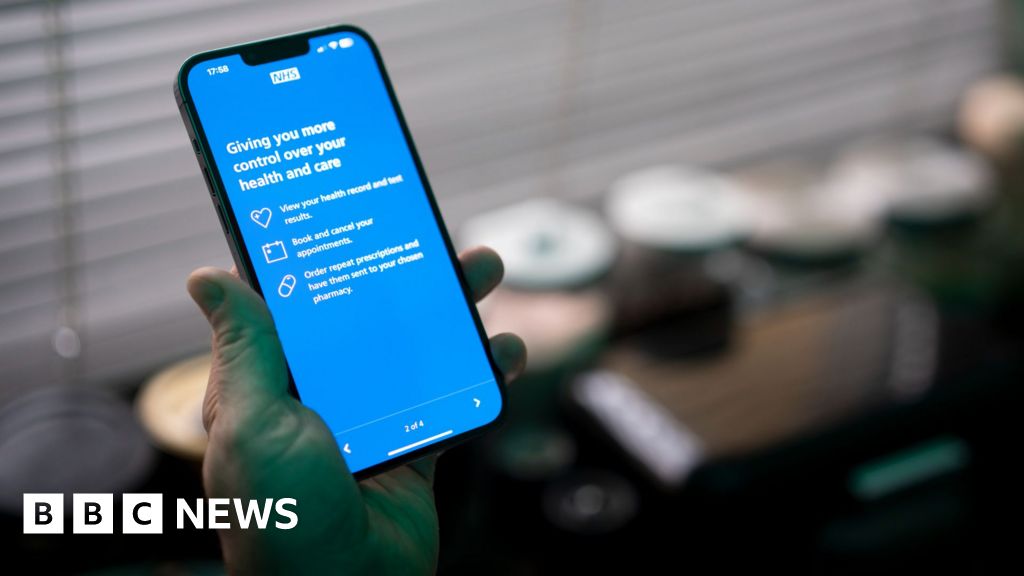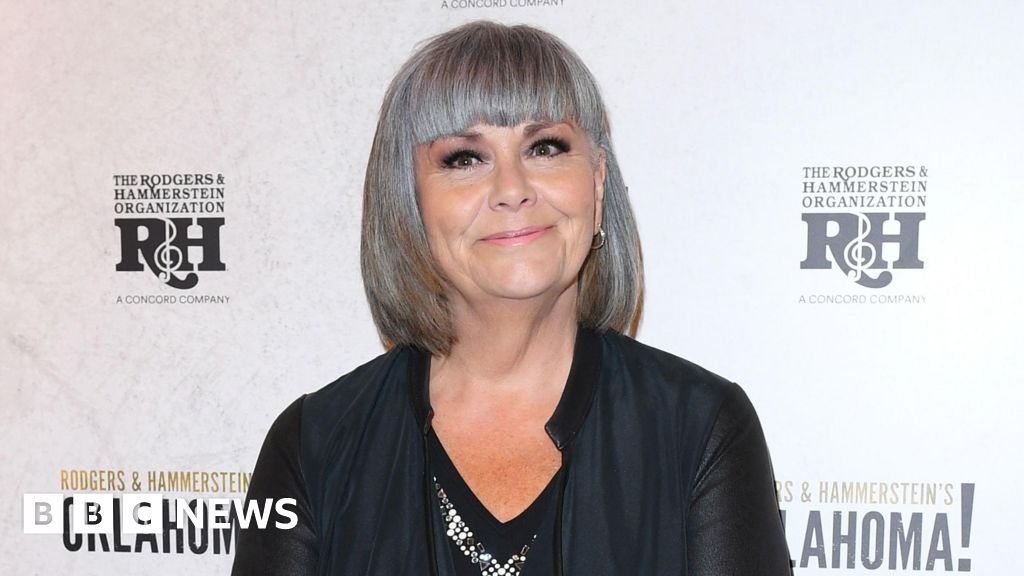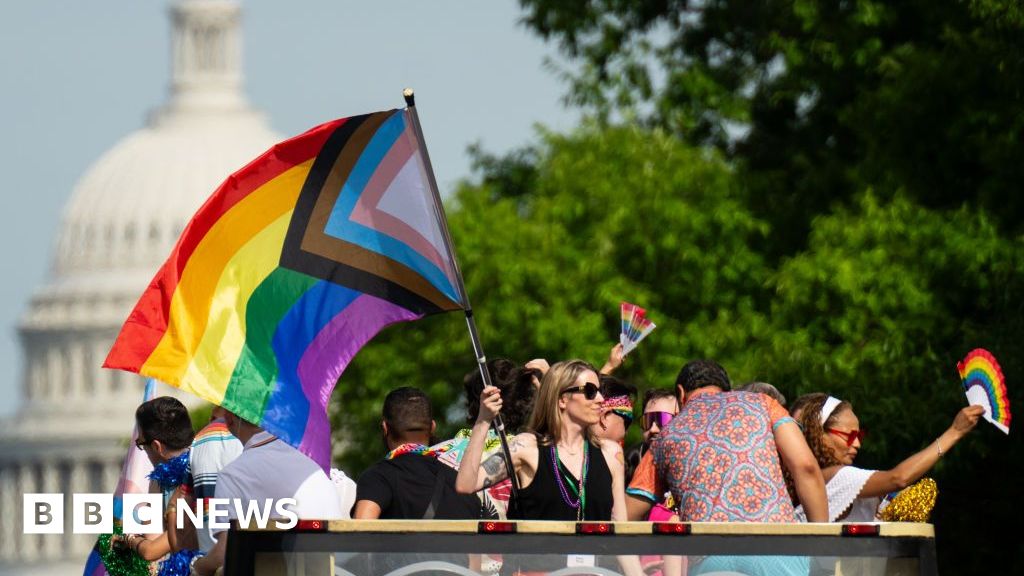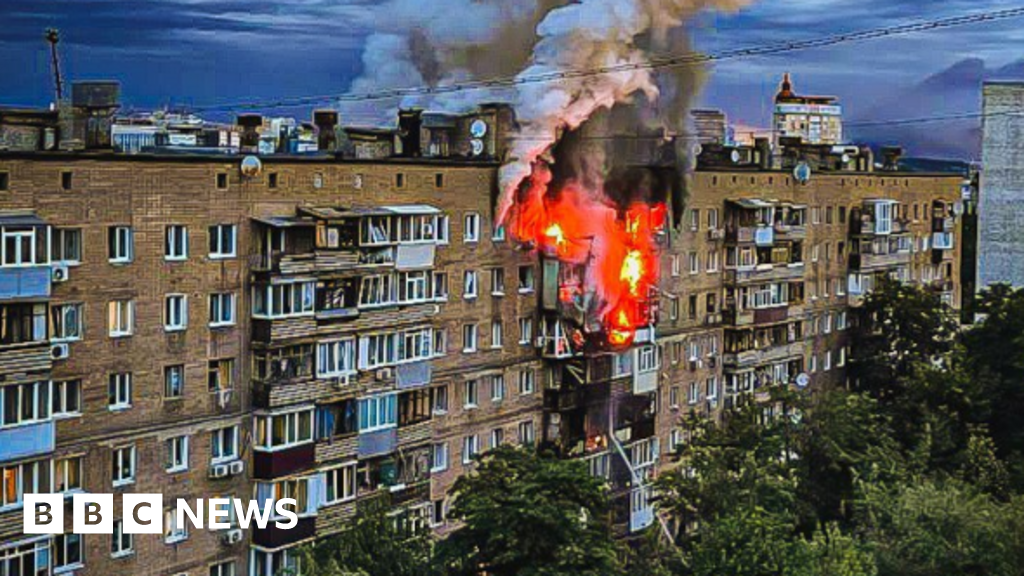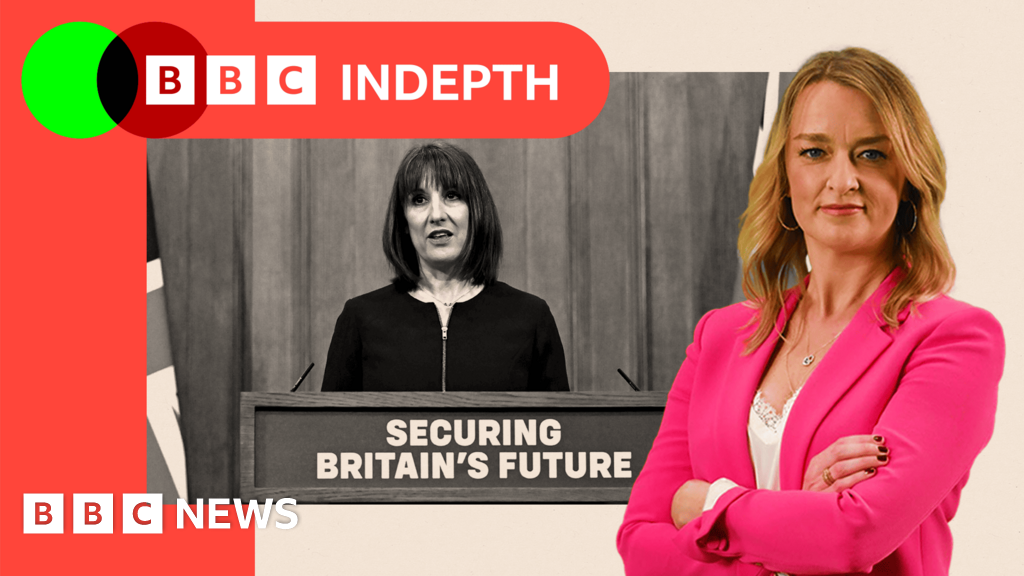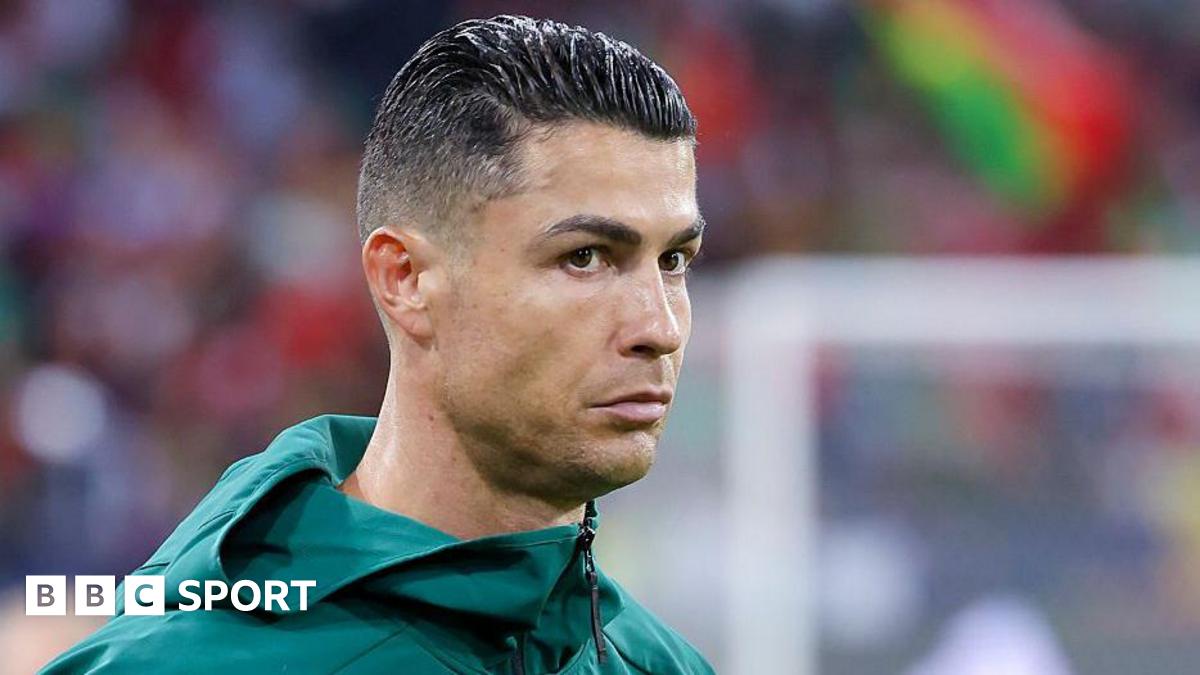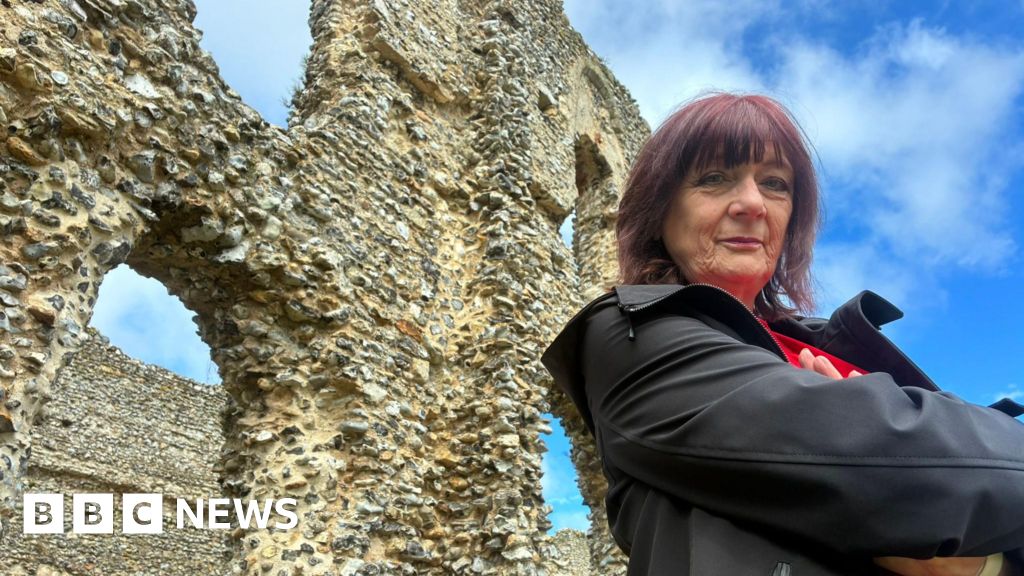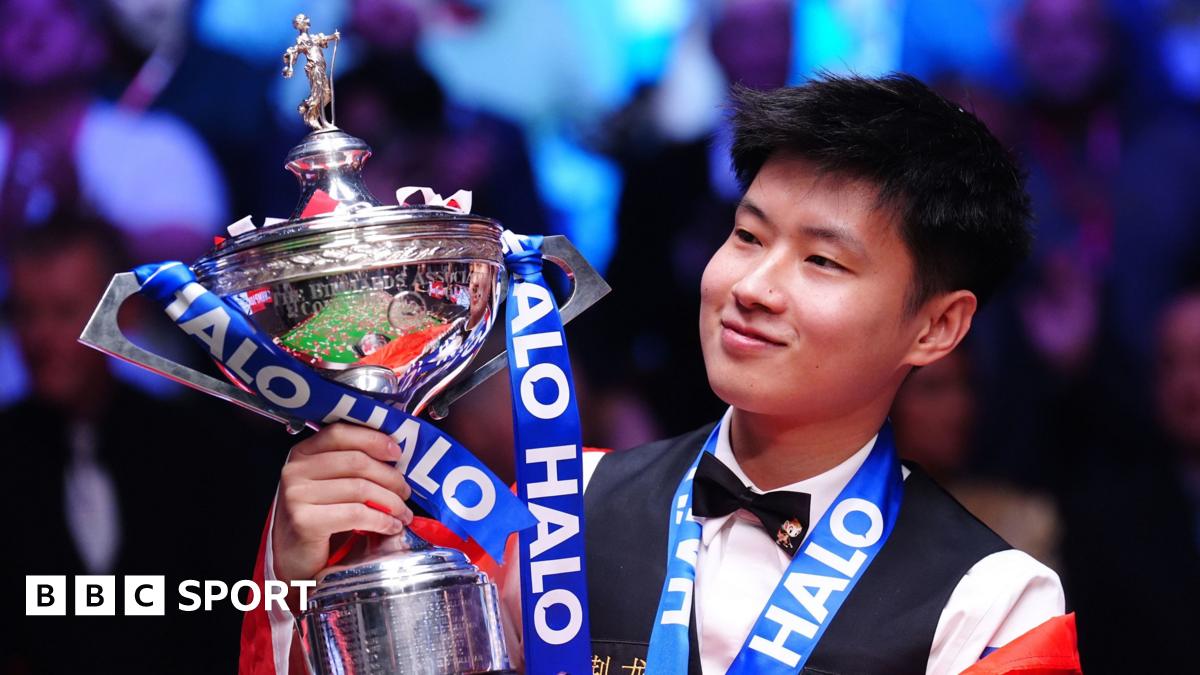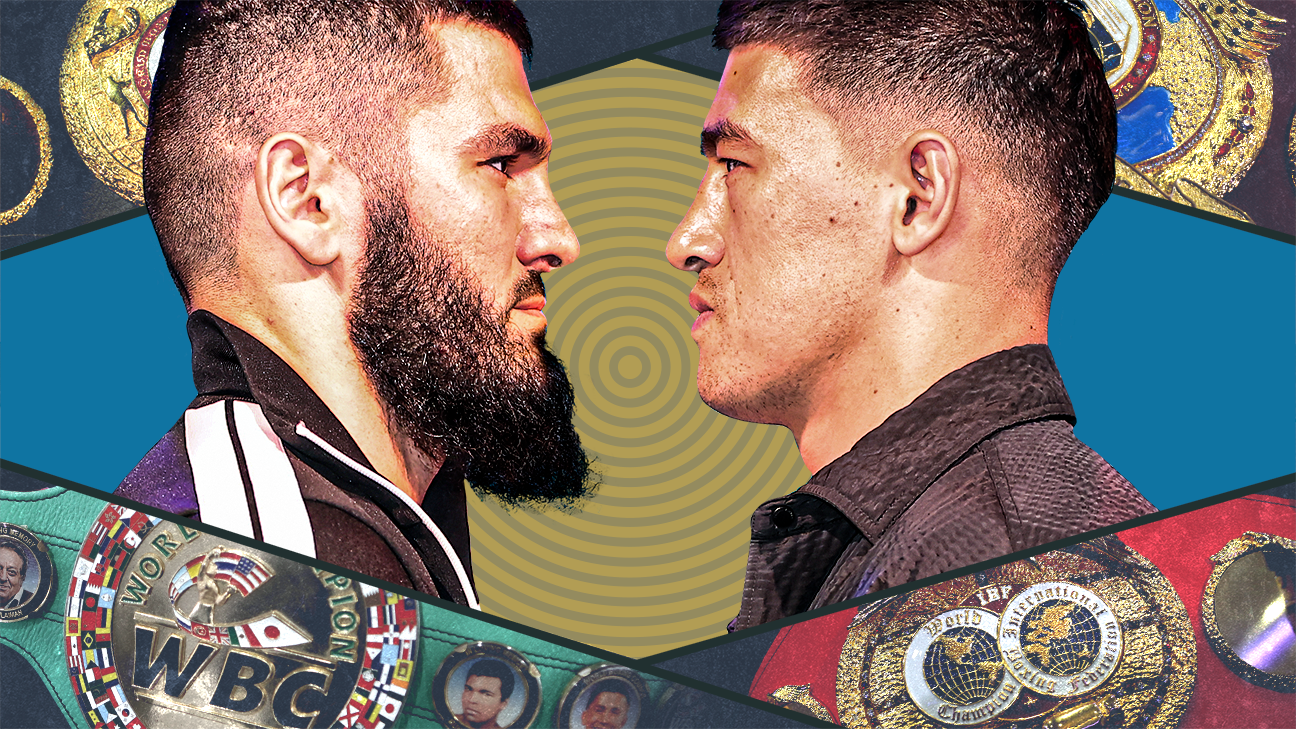Nada Tawfik
UN Correspondent
Reporting fromNew York
A dramatic day of high stakes diplomacy at the United Nations has exposed growing cracks in the transatlantic alliance since President Donald Trump returned to the global stage and massively shifted US foreign policy.
When Russia invaded Ukraine three years ago, Europe had no stronger partner than the United States.
But this week, in the halls of the General Assembly and at the Security Council, the US worked against its closest allies and sided with Russia, Belarus and North Korea to pass resolutions on the conflict in Ukraine.
To mark the third anniversary of Moscow's invasion, Ukraine sought a symbolic General Assembly resolution that would require the 193-member body to reaffirm Kyiv's territorial integrity and call for Russia to withdraw its forces in line with the UN charter.
That resolution did pass on Monday, but with less support than in past years. Many members abstained to avoid a tricky tension created by the US.
Washington's diplomats had urged other countries to vote against the measure and to instead support their "forward looking resolution" that was only three short paragraphs. It took a neutral stance on the war, without blaming Russia, and called for a swift end with a lasting peace to follow.
Washington not only introduced their measure in the General Assembly where every nation's vote is equal, but also in the more powerful Security Council. Resolutions there are legally binding - though sometimes hard to enforce - and there had never been council action on Ukraine because of Russia's veto power as a permanent member.
The move caught Europe off guard. One European diplomat told the BBC that the US behaved like a bully and did not take into account their stance on their continent's security.
Another who sits on the Security Council, Slovenia's ambassador Samuel Zbogar, told the BBC that Europe is struggling to adjust to the 180-degree change in the US position - and the speed at which Washington is moving.
He said the European Union will need to do some reflecting at the body's council meeting next week.
"Leaders will have to develop a plan on how the EU can actively be involved in finding peace, rather than reacting to what others are doing. It's up to us now in Europe to come forward," he told the BBC.
There were plenty of reactions in the halls of UN headquarters in New York, as European leaders worked to reconcile with the latest US position.
Watch: US votes against UN resolution condemning Russia aggression against Ukraine
The UK's ambassador, Dame Barbara Woodward, and French UN Ambassador Nicolas De Riviere attempted to have the Security Council vote postponed, arguing that council members needed more time to consider the text and negotiate.
Interestingly, the Chinese were willing to give more time for discussions, but the US and Russia, who are usually on opposite sides of issues on the council, both were against postponement.
European members of the council then tried to introduce amendments, as they had successfully done earlier in the General Assembly resolution which led to the US abstaining on its own resolution.
In the Security Council, the US threatened to block the proposed amendments to name Russia as the aggressor, reaffirm Ukraine's borders and call for a just peace. They said that it detracted from what Washington was trying to achieve and pursued a war of words rather than an end to the conflict.
In the end, the US didn't have to use its veto because Russia voted to block the amended language.
The US's neutral resolution then ultimately passed, breaking through three years of Security Council paralysis on the topic of Ukraine because of Russia's veto power.
Just months ago, it would have seemed unthinkable that the first resolution adopted regarding the conflict would be one with such limited language - let alone that a resolution like this would be proposed by the US, condoned by Russia and passed without the full support of Europe's five council members.
But the US hailed the development, the first action by the council to call for an end to the war. Others were not so celebratory.
Richard Gowan, UN Director of the Crisis Group, said after three years of deepening animosity between Russia and the US at the UN, the sight of the two powers coordinating to embarrass Europe was pretty stunning.
He said while everyone expected President Trump to be disruptive at the UN, this went beyond most people's expectations.
"The US lobbying against the European-Ukrainian resolution was very crude. US officials were reportedly threatening to cut aid to non-compliant states. This has left a nasty taste among many UN members," Mr Gowan said.
Follow the twists and turns of Trump's second presidential term with North America correspondent Anthony Zurcher's weekly US Politics Unspun newsletter. Readers in the UK can sign up here. Those outside the UK can sign up here.

 3 months ago
66
3 months ago
66
